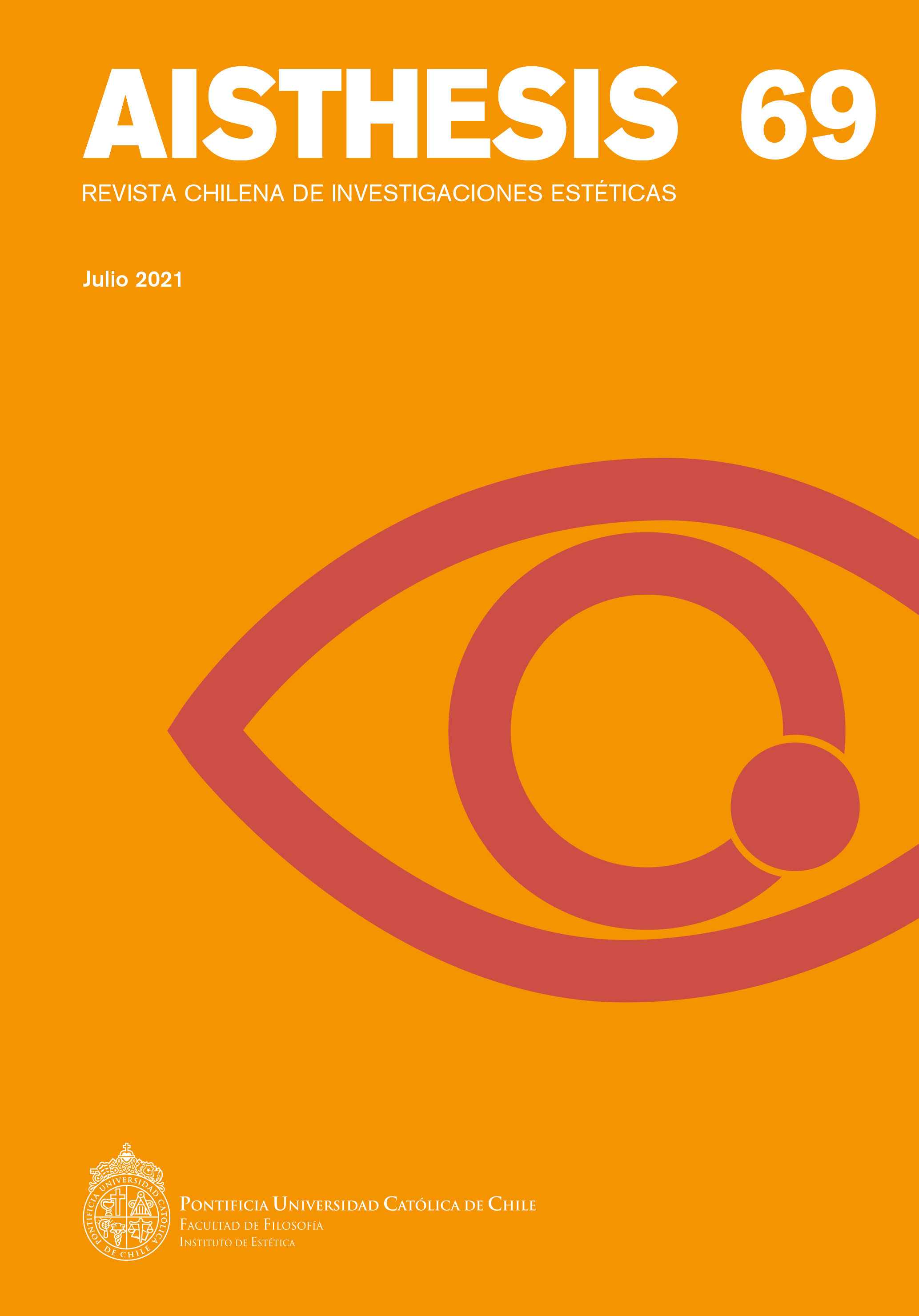Testimonio y práctica artística en el Campo de Prisioneros de Chacabuco 1973-1974. El teatro de Mario Molina.
Main Article Content
Abstract
El presente artículo aborda la experiencia de la sobrevivencia de los presos políticos en el Campo de Prisioneros de Chacabuco durante la dictadura cívico-militar chilena, a través de la práctica artística teatral, entre 1973 y 1974. A modo de hipótesis se plantea que el teatro permitió a los presos mermar el drama y construir transitoriamente realidades diferentes, suspendiendo la realidad impuesta y creando otras alternativas. La pregunta principal es de qué manera el corpus dramático de Mario Molina, escrito durante su detención, generó estrategias de supervivencia y condiciones para interpretar los nuevos hechos extraordinarios que estaban sucediendo. El teatro de Mario Molina en cuanto a escritura, puesta en escena y recepción se analiza desde su propia dramaturgia, así como desde el campo testimonial.
Downloads
Article Details

This work is licensed under a Creative Commons Attribution-NonCommercial-ShareAlike 4.0 International License.
All contents of this electronic edition are distributed under the Creative Commons license of "Attribución-shareAlike 4.0 Internacional" (CC-BY-SA). Any total or partial reproduction of the material must mention its origin.
The rights of academic works published in this publication belong to their authors., who grant to AISTHESIS: Revista Chilena de Investigaciones Estéticas the license for its use. The management of the permits and the authorization of the publication of the images (or of any material) that contains copyright and its consequent rights of reproduction in this publication is the sole responsibility of the authors of the articles
